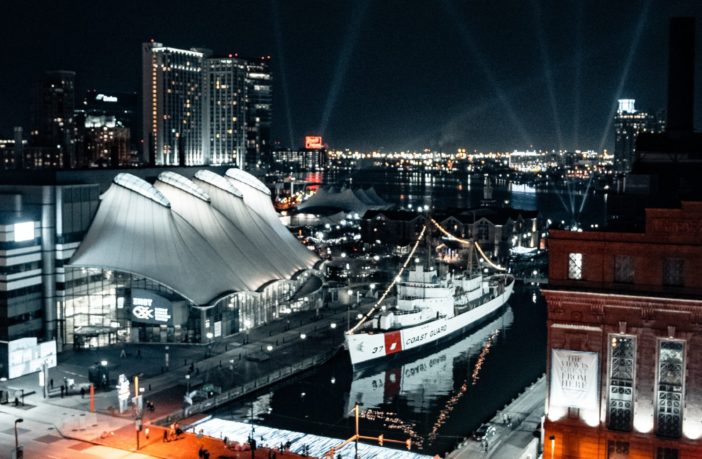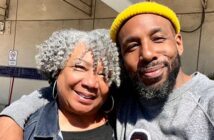By Megan Sayles
AFRO Business Writer
msayles@afro.com
On Oct. 16, four leaders of Baltimore’s creative and cultural institutions gathered to share future plans for driving tourism and engaging city residents. The discussion took place during the Greater Baltimore Committee’s (GBC) transportation and economic opportunity summit and included executives from the Reginald F. Lewis Museum, National Aquarium, Maryland Science Center and Waterfront Partnership of Baltimore.
John Racanelli, president and CEO of the National Aquarium, dubbed Baltimore a destination city due to its downtown attractions, but said its perceived lack of public safety is a hindrance to this identity.
“We have what great destination cities should have. We have the attractions. Great destinations cities are welcoming, they’re safe and they’re perceived as safe,” said Racanelli. “I think that’s a place where we have some work to do. We need to be able to communicate that we are a safe place for a wonderful, memorable experience.”
During the panel, he announced that the National Aquarium would bring Harbor Wetland to its campus in June 2024. The $14-million development will be free to the public and include 10,000 square feet of floating docks and man-made wetlands, which will provide a habitat for harbor species. Construction is set to start this November.
“We have what great destination cities should have. We have the attractions. Great destinations cities are welcoming, they’re safe and they’re perceived as safe. I think that’s a place where we have some work to do. We need to be able to communicate that we are a safe place for a wonderful, memorable experience.”
Racanelli also highlighted the aquarium’s economic impact in Baltimore, which totaled $1.3 billion over the last four years.
“One dollar of every $6 tourism-related dollars spent in Baltimore is directly attributable to the fact that the aquarium sits there quietly being the economic engine in our Inner Harbor and city,” said Racanelli. “That means $110 million in tax revenue to the city and the state, and on average, 2,600 jobs per year— although last year, it was more like 3,500 jobs.”
Terri Lee Freeman, president of the Reginald F. Lewis Museum of Maryland African American History and Culture, highlighted a new installation on Maryland’s lynching history, which will debut in the museum in August 2024.
She also revealed plans to open a refurbished history exhibit in 2030 during its 25th anniversary. As the museum is a popular event venue, there are also talks of adding more floors to the museum to accommodate more guests.
“We hope to open a newly renovated history exhibit, which is on our third floor. That exhibit has been in its current form since 2005, and we want to include more interactive opportunities and bring it up to date,” said Racanelli. “A whole lot of history has occurred over this time since we have been built.”
Laurie Schwartz, executive director of the Waterfront Partnership of Baltimore, discussed what phase two of the Rash Field Park project will bring to the harbor. Phase one, completed in 2021, included a playground, skate park, pavilion, rain gardens and outdoor learning classrooms.
“This first phase, on a typical day, attracts 3,000 people on average, and on the best day, a year ago in June, 6,000 people,” said Schwartz. “ It’s just remarkable to see all of the families coming to the harbor, while a high percentage are people who can walk to it, we see people from zip codes all across the city. We track that data, and the racial makeup of people using the park is a mirror of the city.”
Phase two will provide Baltimoreans and visitors with soccer fields, a beach with volleyball courts, a nature garden and a plaza. There are also plans for kayaking trails, which residents will be able to use for leisure or commuting.
“Along with the beach, we have planned the Baltimore Blueway. Everyone knows about bike trails and walking trails, we now have the beginnings of a kayaking trail around the Inner Harbor down to Middle Branch and Fort McHenry,” said Schwartz. “This creates safe zones where people can kayak along the shoreline. It’s a way of getting out on the water and taking advantage of what makes the harbor so unique and special.”
Megan Sayles is a Report for America corps member.



